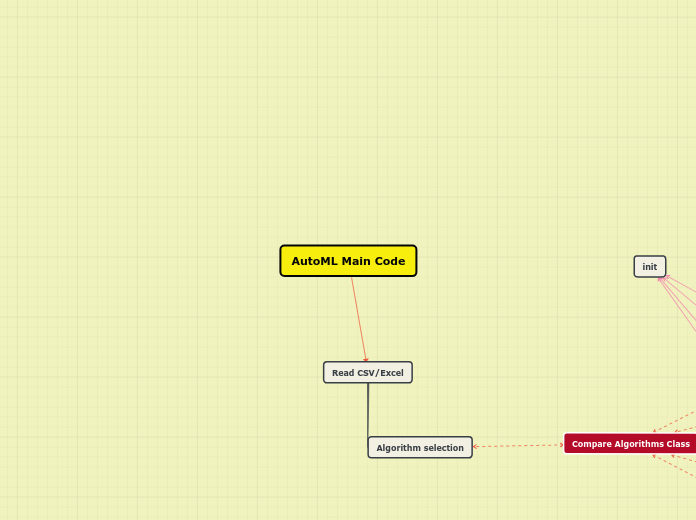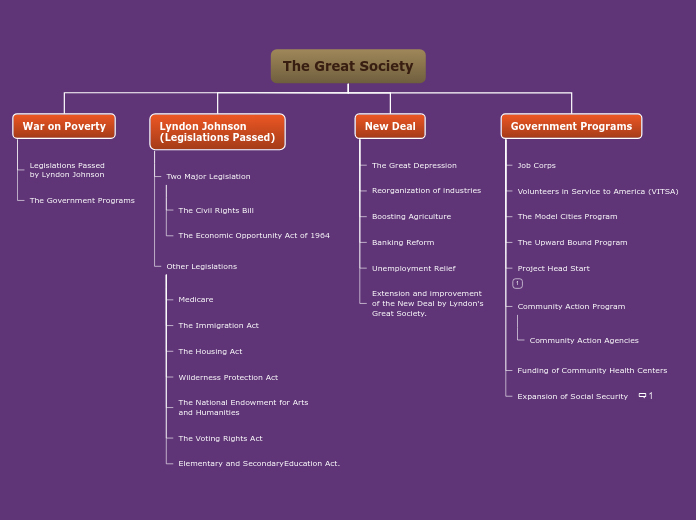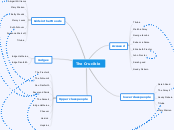por Bianca Arroyo hace 8 años
321
Zinn: Chapters 11-16
During the early 20th century, significant labor movements were characterized by the formation of inclusive unions like the Industrial Workers of the World, which welcomed members regardless of race, sex, or skill level.









